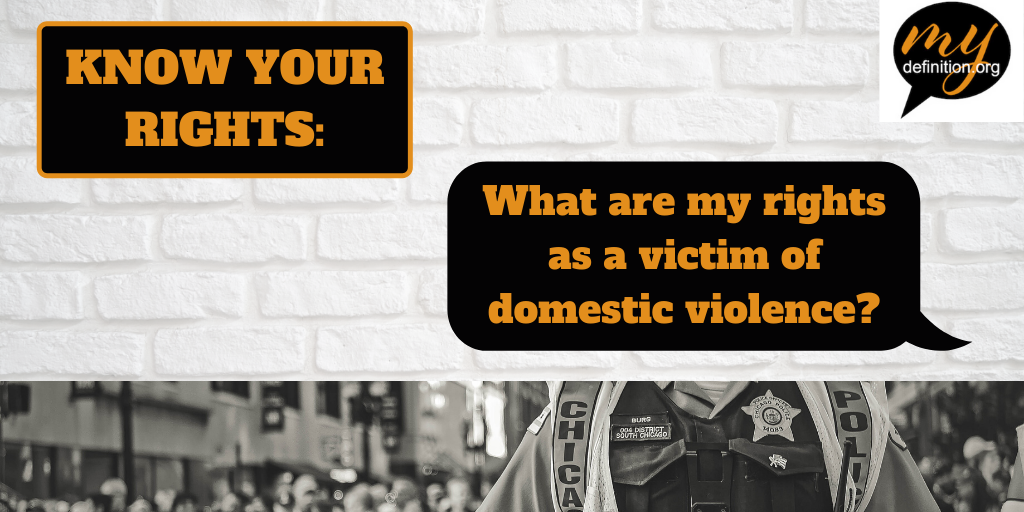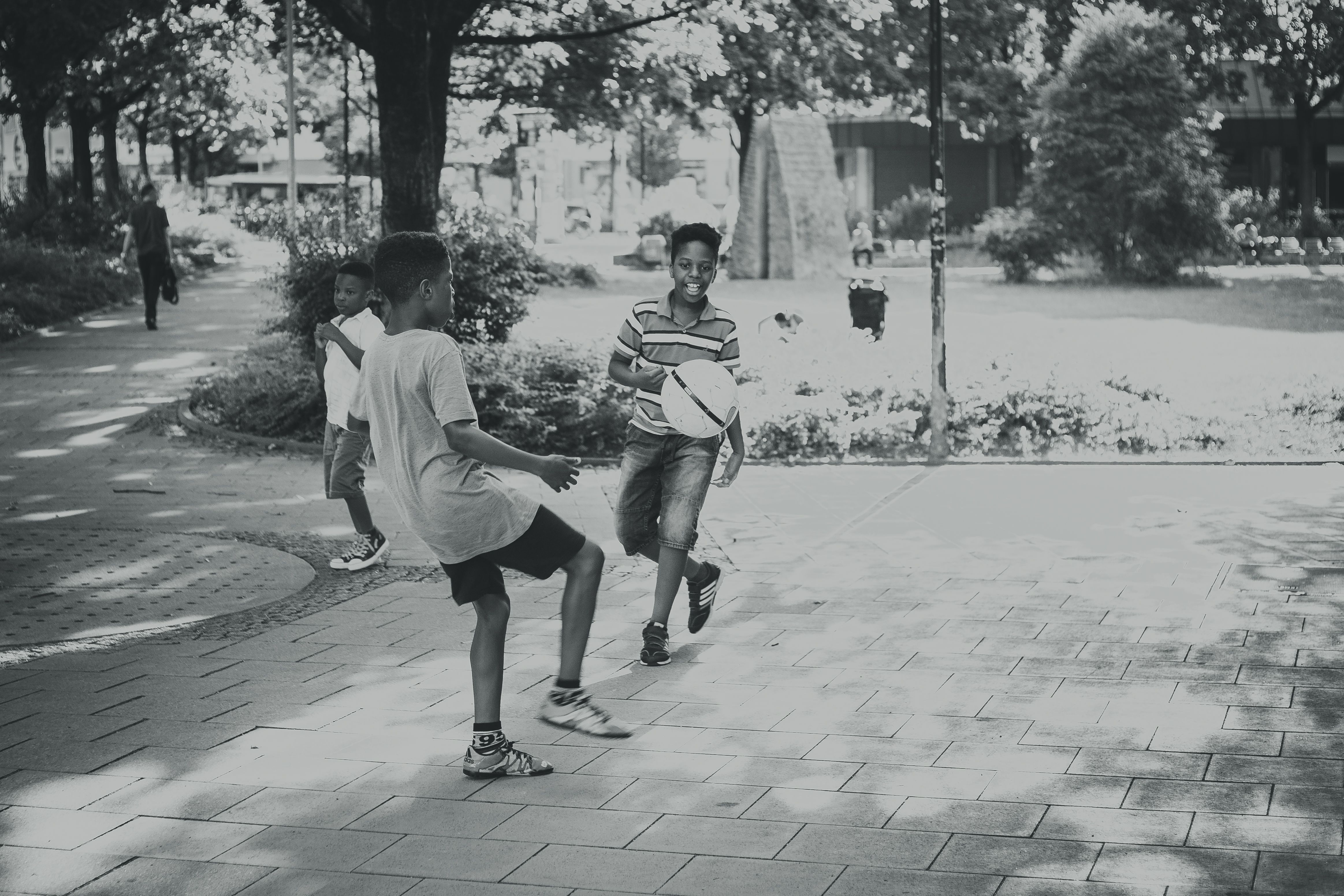
What is domestic violence?
Domestic violence is a pattern of behaviors in which one person tries to get and keep power and control over an intimate partner or family/household member.
Behaviors of domestic violence can include:
- Physical abuse (e.g. hitting, slapping, shoving, pinching, hair pulling, or grabbing)
- Sexual abuse (e.g. forcing or trying to force sexual touching without consent)
- Economic abuse (e.g. keeping money away from the other person or preventing them from going to school/ or work)
- Psychological abuse (e.g. threats to hurt others or themselves, hurting pets, keeping their partner from their friends or family, breaking things, or hurting someone’s self-esteem)
What can I do if I need help now?
If you are in immediate danger call 911.
However, if a victim of domestic violence needs other legal protections, they can also file a request asking the court to issue one of the following:
- Order for Protection (OFP) – a court order to keep the abuser away from you. However, this order only applies to intimate partners or family/household members.
- Harassment Restraining Order (HRO) – an order which keeps any abuser away from you. This includes anyone who sexually or physically hurts you or stalks and harasses you.
- Domestic Abuse No-Contact Order (DANCO) – an order issued in a criminal case that prohibits an abuser from having contact with you.
Contact a domestic violence advocate at Tubman for help understanding your options and going through the legal process. To explore your options, visit www.tubman.org or call 612.825.0000.
What should I do if I call the police?
- Ask the police officer to interview you away from the person who abused you
- Ask for an interpreter if you need one or call someone who can interpret for you
- Explain every detail of what happened
- Show them all injuries, bruises, or damaged property
- Give names of any witnesses to the abuse
- Also, tell the police officer about any abuse that happened in the past
- Ask the police to make a report
- Ask for a case number, the officer’s card, the officer’s name, and the officer’s badge number so you can follow up on the case’s progress.
What if I don’t want to press charges against my abuser?
Police send their reports to prosecutors. The prosecutors then decide whether to file a petition or bring criminal charges. Victims do not make that choice.
What happens if the prosecutor decides to file a petition or criminal charges?
If a prosecutor files a petition or files criminal charges, the case might be resolved when the defendant and prosecutor come to an agreement (plea bargain) or the case might go to trial.
Trials can take months to complete. If a trial happens, victims may be asked to be a witness. An advocate will be assigned to the victim to help them through the process. Victims have the right to be notified of court hearings and plea agreements, to provide input, and to make a victim impact statement if the defendant is convicted.
If I fight back against my abuser, can I be charged with domestic violence?
Yes. Sometimes youth who fight back are also arrested or charged with the attacker. The court must decide who the primary aggressor was and hopefully drops the charges against the victim. If you are arrested, ask for an attorney.
Disclaimer: This document is intended to be informational. It is not legal advice concerning your specific situation. Please see a lawyer if you need advice about a specific situation.







